
12 Q
KG - 3rd

10 Q
KG - 2nd
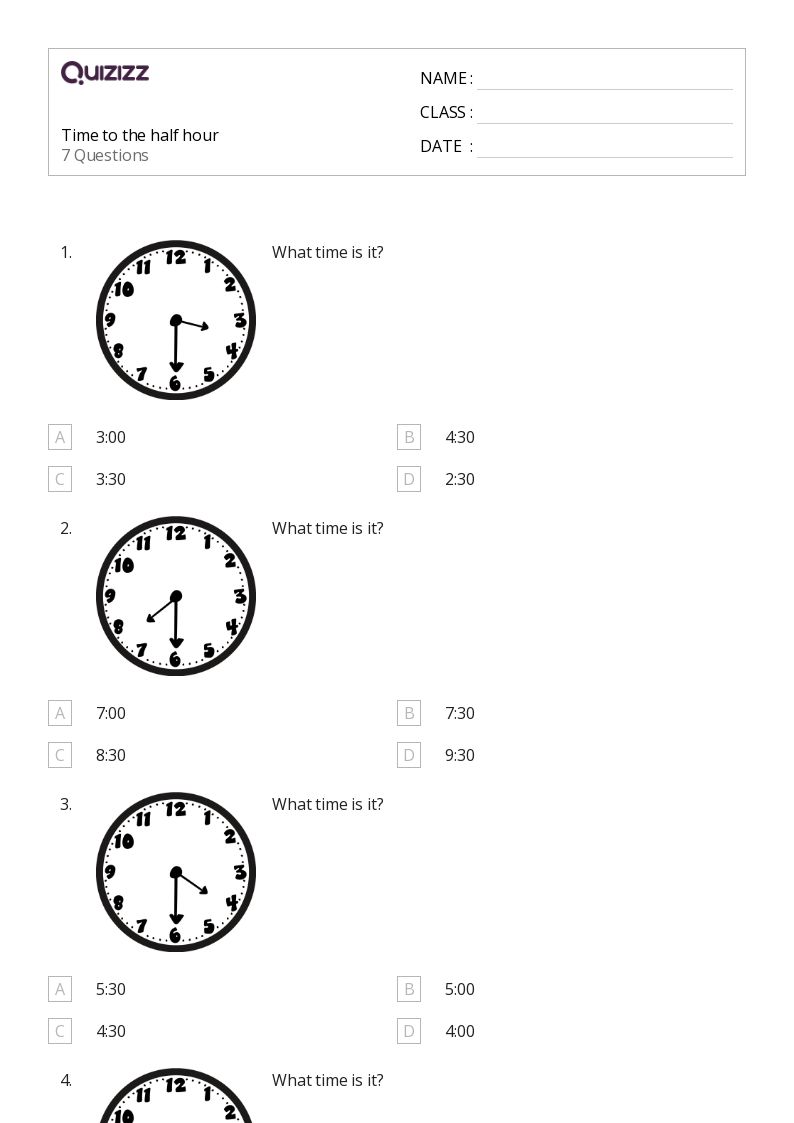
7 Q
KG - 12th

20 Q
KG - 1st

15 Q
KG - 3rd

10 Q
KG - 1st

20 Q
KG - PD
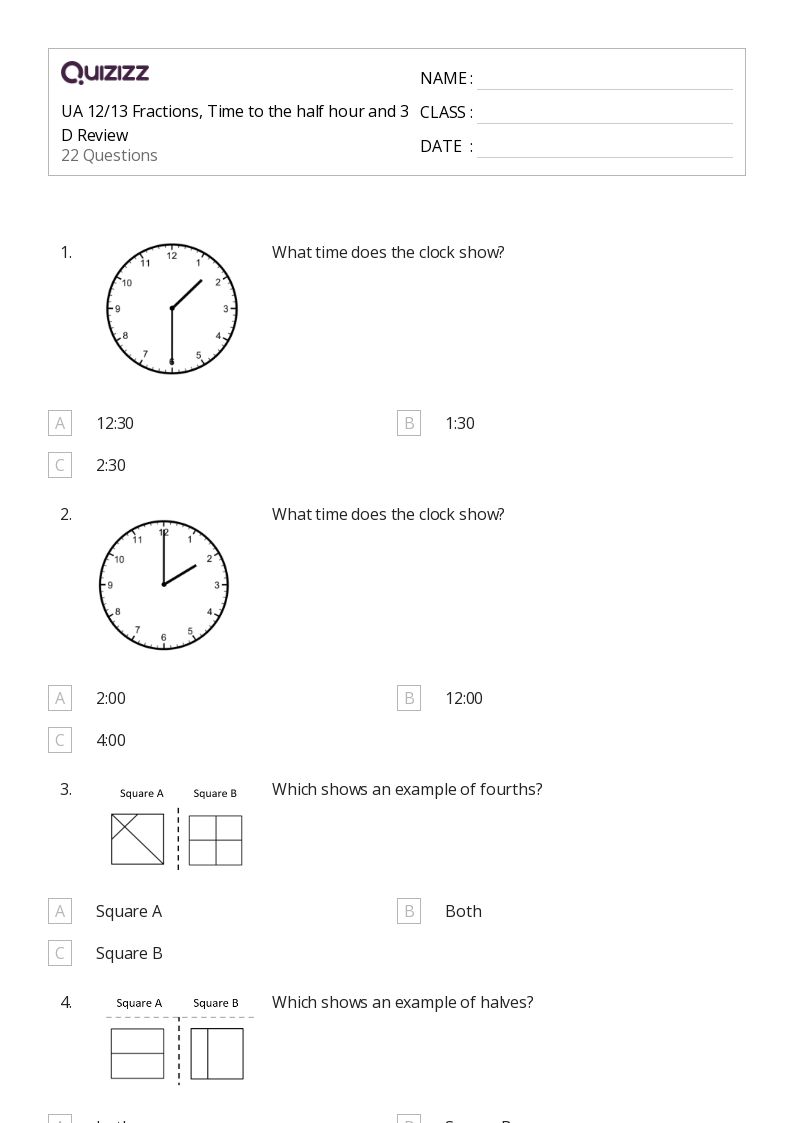
22 Q
KG - 1st

17 Q
KG - 1st

10 Q
KG - 1st

13 Q
KG - 2nd
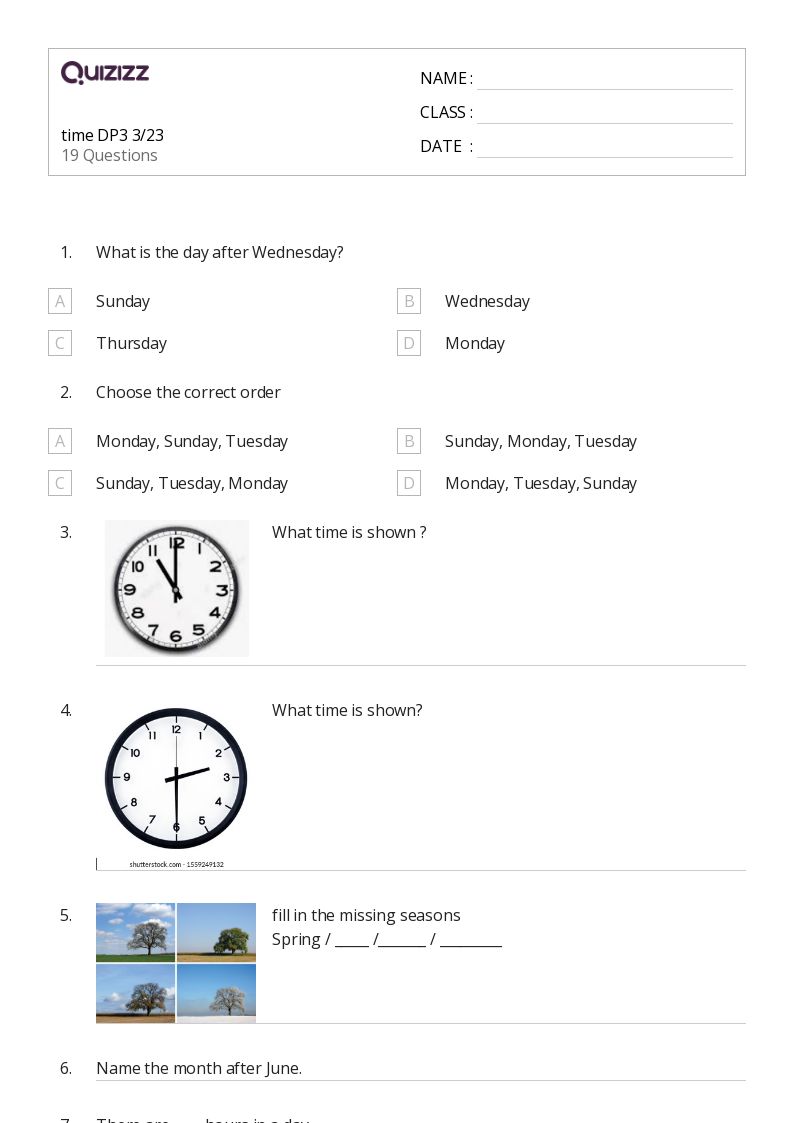
19 Q
KG
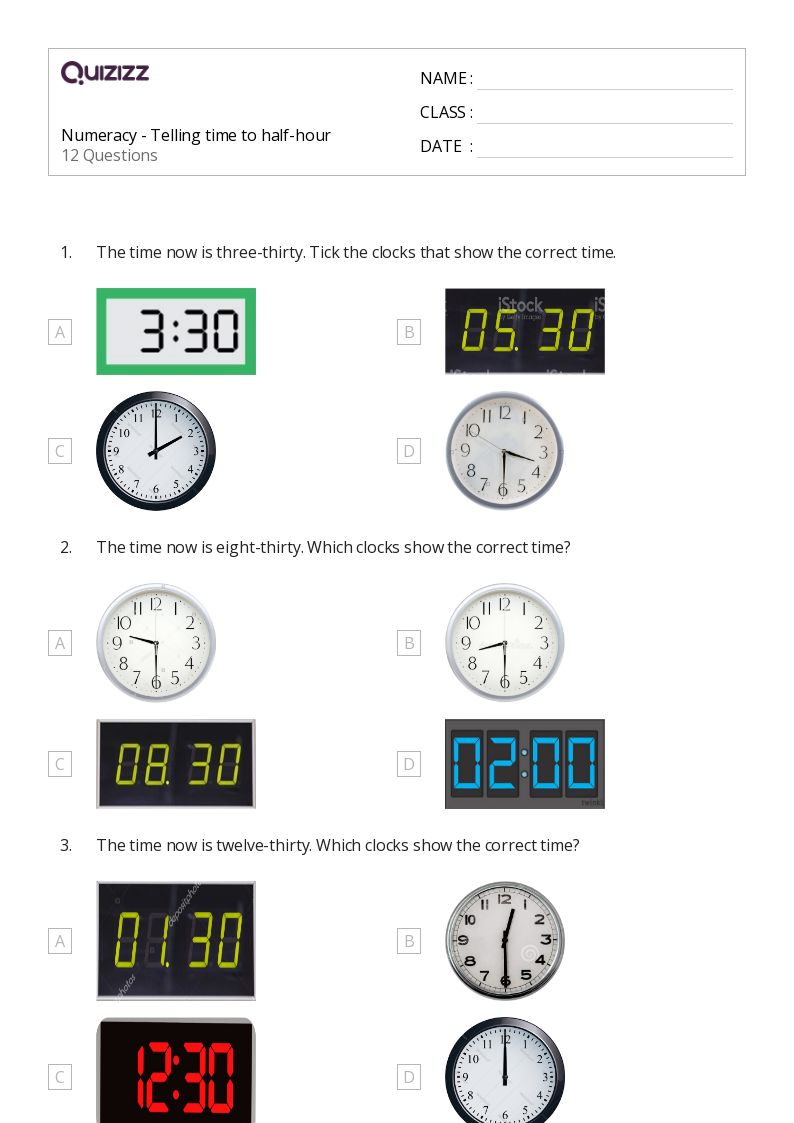
12 Q
KG

13 Q
KG - 1st

14 Q
KG - 2nd
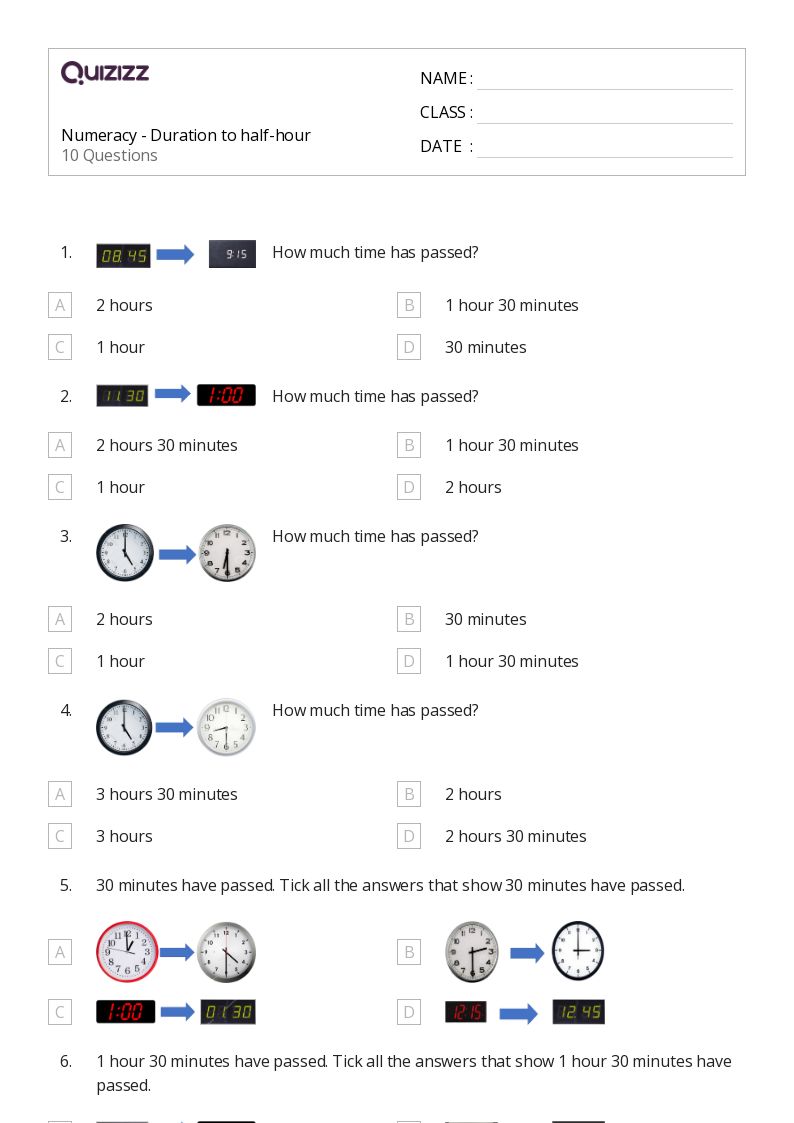
10 Q
KG

13 Q
KG - 2nd
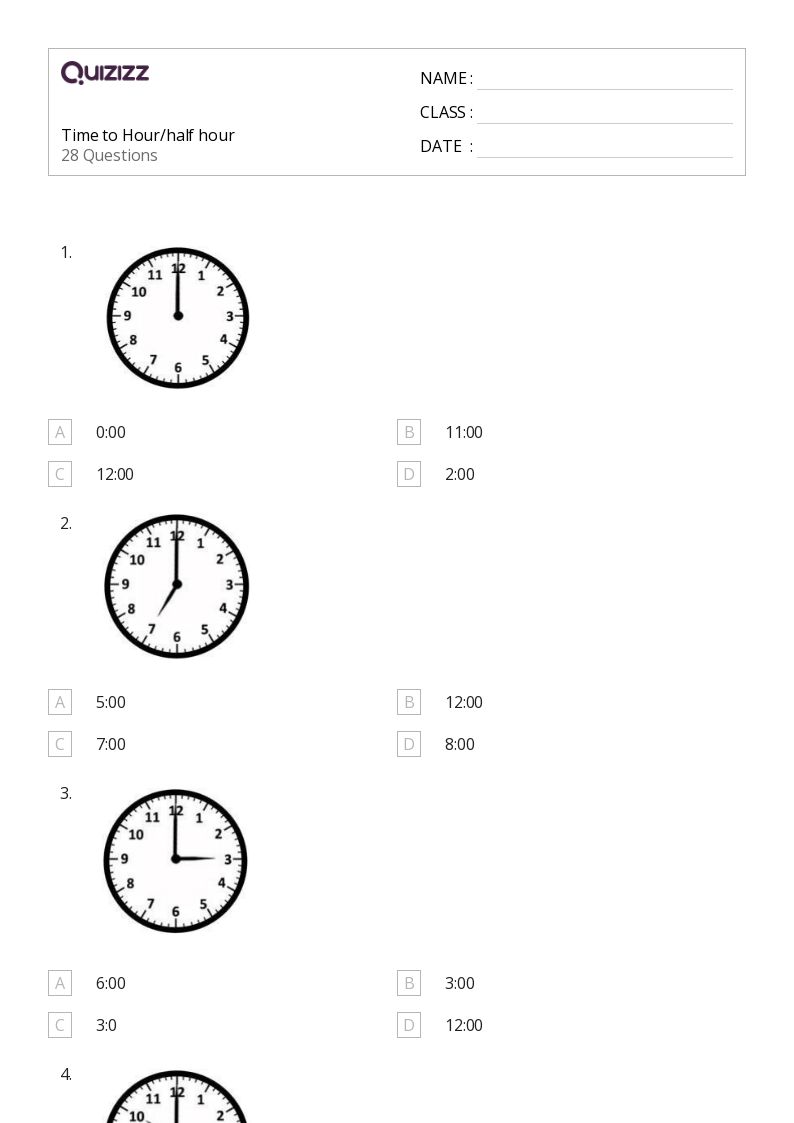
28 Q
KG - 1st

12 Q
KG - 1st

10 Q
KG - 2nd

12 Q
KG - 1st
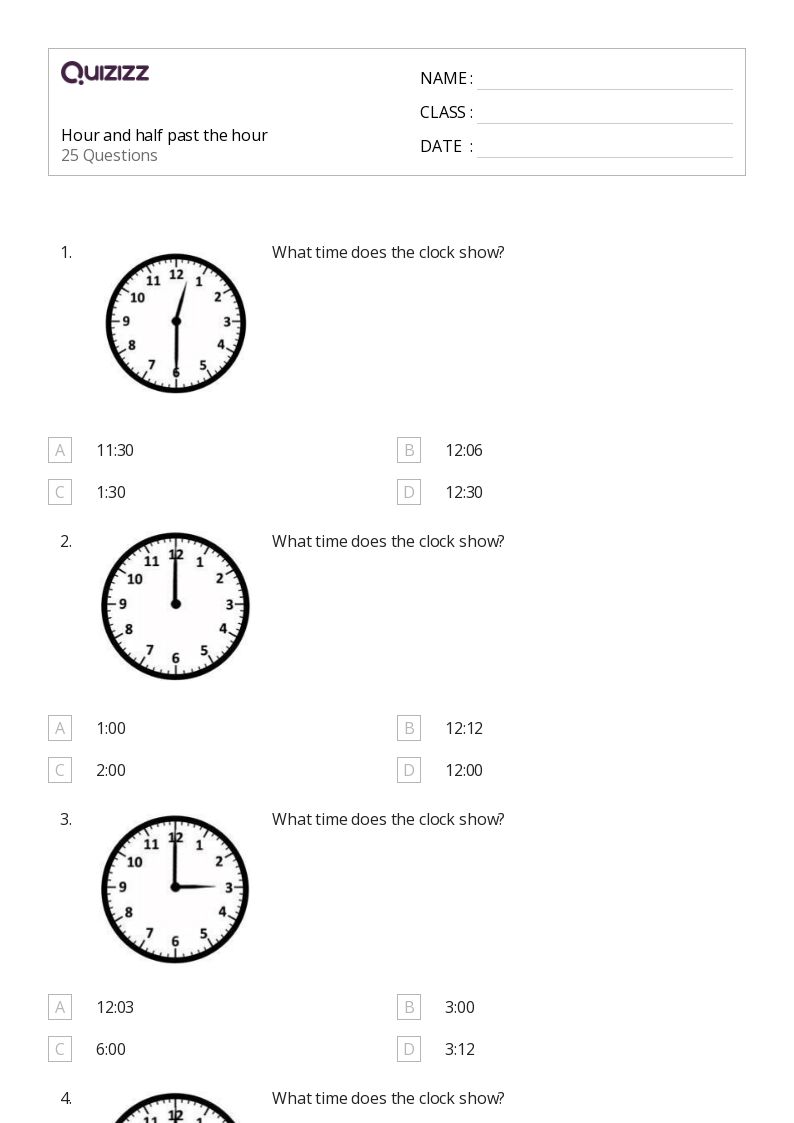
25 Q
KG - 1st

20 Q
KG - Uni
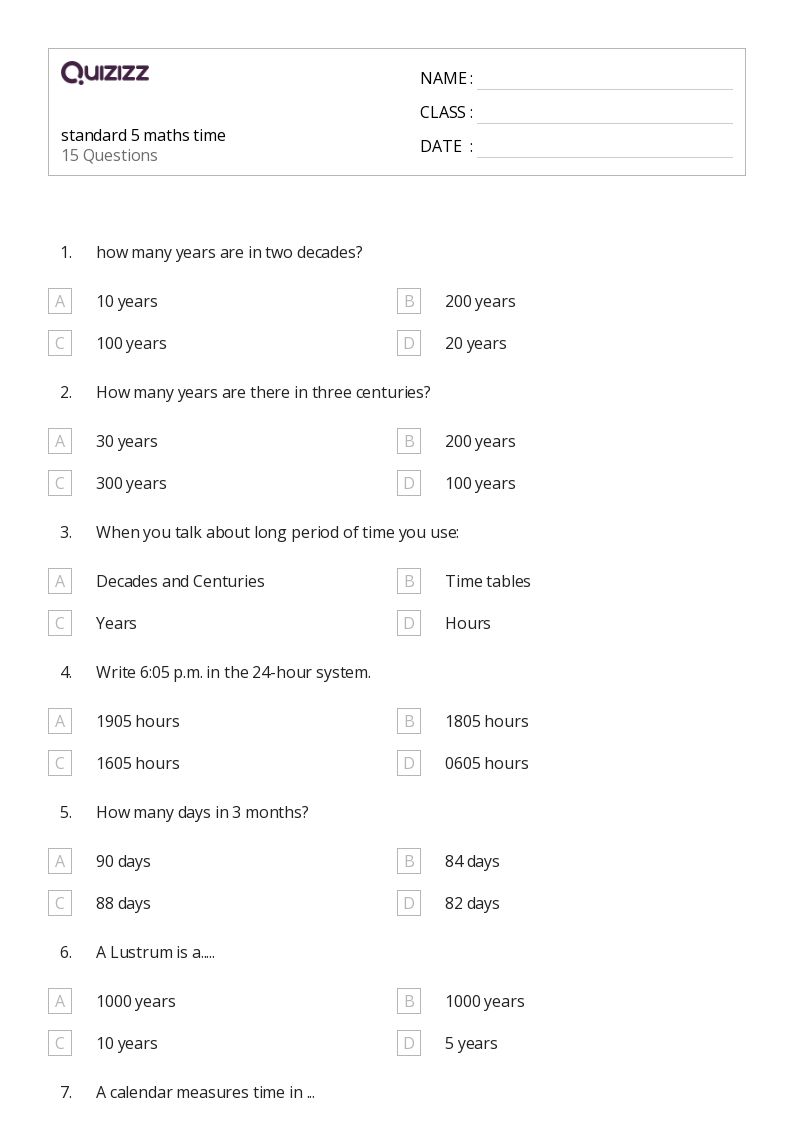
15 Q
KG - Uni
Explore Time to the Half Hour Worksheets by Grades
Explore Other Subject Worksheets for kindergarten
Explore printable Time to the Half Hour worksheets for Kindergarten
Time to the Half Hour worksheets for Kindergarten are an essential resource for teachers looking to help their young students develop a strong foundation in math and time-telling skills. These worksheets provide engaging and age-appropriate activities that focus on teaching kindergarteners how to read analog clocks and understand the concept of half hours. With a variety of exercises, including matching, coloring, and drawing clock hands, these worksheets cater to different learning styles and keep students interested and motivated. Teachers can easily incorporate these worksheets into their lesson plans, using them for individual practice, group activities, or even as homework assignments. By consistently working with Time to the Half Hour worksheets for Kindergarten, students will become more confident in their ability to tell time and apply this knowledge to their everyday lives.
Quizizz is a fantastic platform that offers a wide range of educational resources, including Time to the Half Hour worksheets for Kindergarten, to support teachers in their quest to provide engaging and effective learning experiences for their students. In addition to these valuable worksheets, Quizizz also features interactive quizzes, games, and other activities that can be easily customized to suit the needs of individual students or entire classrooms. Teachers can use Quizizz to track student progress, identify areas for improvement, and even collaborate with other educators to share resources and best practices. By incorporating Quizizz into their teaching strategies, teachers can create a dynamic and interactive learning environment that not only helps kindergarteners master important math and time-telling skills but also fosters a lifelong love of learning.
